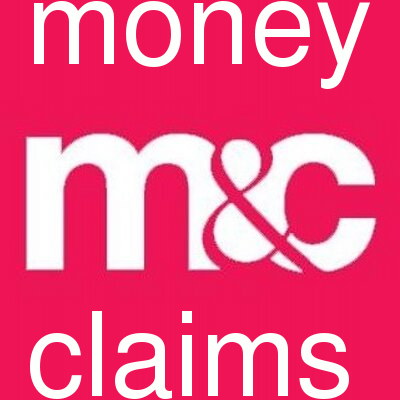

SOFTWARE patents, as we pointed out in our previous post, are a dying breed in the US, even if the USPTO continues to grant them (only to see them invalidated in the courts or at PTAB [1, 2]). What good is a patent if it's unenforceable in a court of law? It's just a waste of time, money, and effort. Why even bother with software patent applications? Incidentally, the Jerusalem Post now notes that people question China's patent system (it too is a waste of time/money, unless one asks the author who is from a "Strategic Patent Department", i.e. non-producing parasite) because just like the USPTO, it has virtually no quality control. The same goes for invalid/ated (by the European courts) software patents in the EPO. Who would still promote software patents in Europe? Surely the non-producing parasites that are based in Europe. Marks & Clerk, as we noted here before, is one of the boosters of the UPC alongside other greedy opportunists who don't care about innovation, only about lawsuits (money to them, irrespective of the outcome). Unsurprisingly, they also promote software patents, which the UPC helps bolster. Last night we noticed/found new promotion of software patents in British media (despite software patents being patent-ineligible here). Who wrote it? "Graham McGlashan is a chartered and European patent attorney at Marks & Clerk" (well, that explains it, doesn't it?). Imagine the British media giving the microphone/platform (exclusive columns without response/balance) to a British drone engines company regarding reconnaissance and political assassinations abroad. It makes no sense, or does it? It really says a lot about the media.
"Imagine the British media giving the microphone/platform (exclusive columns without response/balance) to a British drone engines company regarding reconnaissance and political assassinations abroad."Marks & Clerk seems to be unaware of the effective ban on software patents in Europe and appeals to loopholes. It says: "Patents can provide useful protection for technical concepts. Many computer implemented inventions have been patented in the US, UK and Europe. Confusion arises because the criteria for patentability of computer implemented inventions vary between jurisdictions.
"The European Patent Office (EPO) has a test in which claimed subject matter that is novel and inventive is potentially patentable if it has a technical character. A computer program itself can potentially be patented at the EPO if it is capable of bringing about, when running on a computer, a further technical effect going beyond the “normal” physical interactions between the program and the computer on which it is run."
That's the "as such" loophole created by a Brit, Alison Brimelow. What's perhaps most ludicrous about this piece from Marks & Clerk is the headline. It says: "When you write great software, don’t forget patenting" (patenting software? In Europe?!)
"Marks & Clerk doesn't care about what's true and what's good for the EU (or the UK); it just cares about winning cases and doing whatever helps its own bottom line."Well, remember that one's "great software" can then get one sued by other companies with software patents. It's the M.A.D. mentality, which purports that lots of countries having nuclear weapons somehow makes us all safer.
What we find disturbing about Marks & Clerk is that it keeps funding UPC propaganda events and various events that promote software patents. It's basically an echo chamber of patent profiteers. As one tweet put it this week in relation to TTIP: "The European Business Summit : where Businessmen (paying 600€ entrance fee) meet policymakers to shape your future" (staging a coup over politics and law while denying opponents of the coup any access). It's more or less the same with UPC events (which are often even a lot more expensive to attend). If we continue to allow the likes of Bristows and Marks & Clerk decide on European law, we'll all suffer in the long run. Marks & Clerk doesn't care about what's true and what's good for the EU (or the UK); it just cares about winning cases and doing whatever helps its own bottom line. This is bad advice regarding software patents, but it's good advice for Marks & Clerk's own accounting. It's just a British company with a Microsoft-powered Web site (which is rare nowadays) and what it does negatively affects software developers in Britain and abroad. ⬆